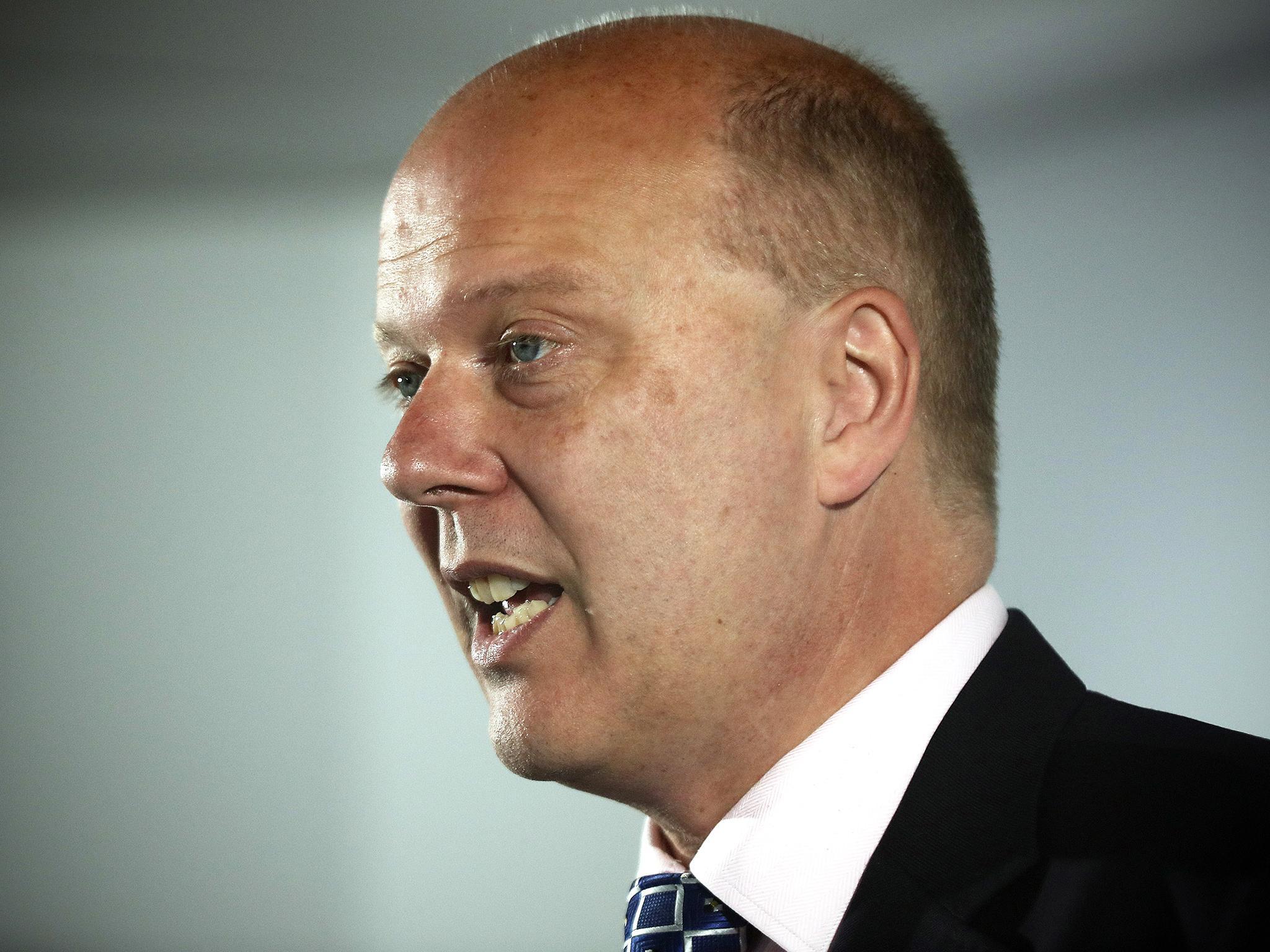Campaigners demand Brexiteers live up to £350m NHS promise and pay junior doctors more

Health experts and politicians are calling on the Government to honour Vote Leave’s promise and pledge to use cash saved from quitting the EU to increase junior doctors’ wages.
The group is highlighting claims made by top Leave campaigners during the referendum that the alleged £350m saved from leaving, could help solve the on-going doctors’ pay dispute.
Chris Grayling, now Transport Secretary, was among those suggesting the reclaimed cash could help tackle the health service’s woes.
Norman Lamb MP, former Lib Dem health minister and patron of the Vote Leave Watch group behind today’s push, said: "People who work in and depend upon our National Health Service will rightly expect this Vote Leave promise to be kept.
"Especially when so many of Vote Leave’s senior figures are now members of the Government. The Chancellor has a golden opportunity at his Autumn Statement to keep the promises they made to the British people."
Vote Leave Watch chair and Labour MP Chuka Umunna added that junior doctors, who are in talks with the Government, deserve to be better paid.

He said: “Reaching a settlement on pay would be a huge boost for them, and would allow everyone to focus on serving patients instead of this bitter industrial dispute."
Professor Martin McKee of the Healthier In campaign said: "Vote Leave could not have been clearer. They promised that leaving the EU would free up £350m for the NHS. Now that many of them are in Government, and at a time when the NHS is really struggling, we must hold them to their commitments."
In one Vote Leave press release, Mr Grayling had argued that a seven-day NHS service promised by ministers would be "so much easier to pay for" if the UK took back the £350m a week which Leavers claimed was given to the EU and instead spent it on British priorities.
He went on: "For example, the money at the heart of the current doctors dispute is just five per cent of our overall annual contribution.
"We shouldn't be spending billions on the EU that could make our NHS better and help deal with its current challenges."
Mr Grayling's office declined to comment.
Join our commenting forum
Join thought-provoking conversations, follow other Independent readers and see their replies
Comments
Bookmark popover
Removed from bookmarks